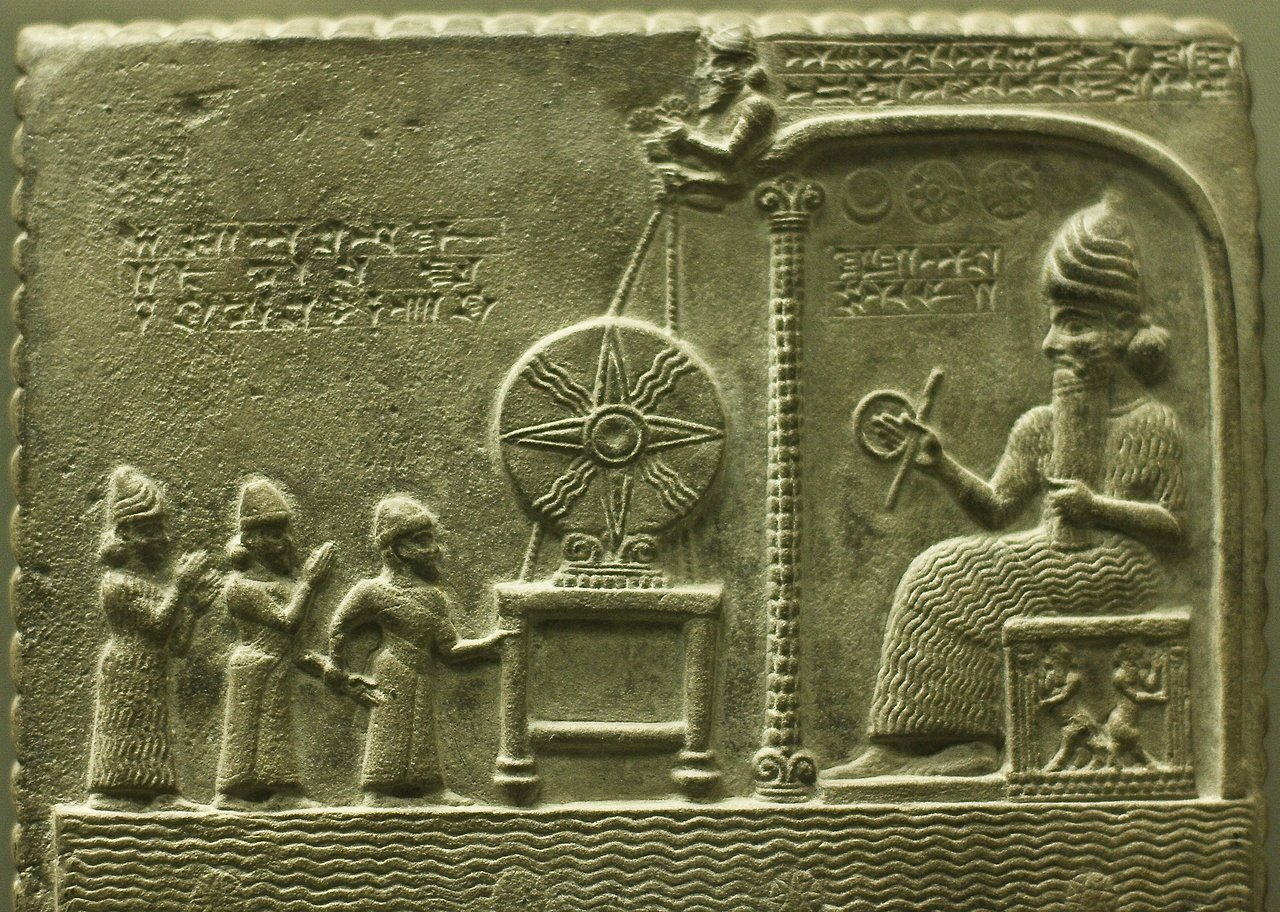
[A response to an email from a student in New York which commented on matters discussed in an article I wrote for the Ritman Library Newsletter in December 2015, shortly after my first book was published. He has been studying the Italian renaissance, and is interested in the history of esoteric ideas, ancient and modern, and the connections between them. He is also interested in why college courses are set up in the way they are, so that they don't always address the kind of questions which a student might want to explore.]
***
Many thanks for your mail, and for your comments on the article
titled “The Esoteric Conception of Divinity in the Ancient World.” I was put on
to the significance (and antiquity) of the Assyrian Sacred Tree by the
Assyriologist Simo Parpola, who published an extensive paper on the subject in
1993 ('The Assyrian Tree of Life: Tracing the Origins of Jewish Monotheism and Greek Philosophy'). There is much discussion of the Sacred Tree in The Sacred History of Being.
By ‘esoteric texts … that cite Assyrian and Sumerian sources’,
I assume you mean modern books on esotericism that mention these sources. You will
be aware that you have to use these with circumspection, since some of them
(not all of them) use their sources cavalierly, with no real grasp of the
materials they are using, or the languages in which they are written.
But there are undoubtedly strong connections between
esoteric writings from Mesopotamia, and the later esoteric traditions around
the Mediterranean and in Europe. When I was in my early twenties I was reading
about esotericism in the Italian and English renaissances. Afterwards I began
to read texts from late antiquity, largely because these were referenced by the
later writers. The continuity of thought was quite striking.
I worked my way back further. I found a text from the middle of the 14th century B.C.E. in a collection
of ancient Egyptian literature which employed what appeared to be philosophical concepts, which,
according to convention, were first aired in Classical Greece. That’s a
difference of 900+ years
The literature of the ancient Egyptians: poems, narratives, and manuals of instruction from the third and second millenia B.C. / Adolf Erman, 1927.
From that point on I was hooked.
You will know that Plato recounts in the Timaeus that his
ancestor Solon visited Egypt. As did the historian Herodotus. In college both
these claims were downplayed as unlikely, as if it was difficult to undertake
travel to Egypt at the time. But we were also learning of the extensive
commercial connections known between Greece and the eastern Mediterranean in
the same period, involving the establishment of permanent trading posts with
regular and substantial traffic to and fro. How hard would it have been to get
a passage from Greece to Egypt on a cargo ship?
The downplaying of connections between Egypt and Greece, has
been going on for a long time – at least since the beginning of the European
Enlightenment. Most college professors are following a well-travelled track,
which they assume to be a rational response to the evidence. As a consequence,
they aren’t much interested in counter arguments, and evidence which suggests
they are on a false track. They structure their courses accordingly. They aren’t
being dishonest. They are just living and working in a discipline which employs
a model of the past which (they think) has more plausibility than is the case.
I’ve discussed the origin of this problem at some length in
my book. In the end, this question became almost as interesting to me as the study
and interpretation of ancient texts. It turns out that human beings are (generally
speaking) less curious creatures than we like to think, and that there are some
things out there which they would rather avoid.
Others have radar for arguments which are on a different
track, as you clearly have. So yes, I would be happy to correspond with you
about various matters of interest. Subject to available time of course.
I concur with your decision to read my book once you
graduate. I wrote in the preface that, though it is a scholarly work,
it is not a text book, and that it would be less career-threatening to read it
after credit courses are safely over.
Best regards,
Thomas Yaeger
No comments:
Post a Comment